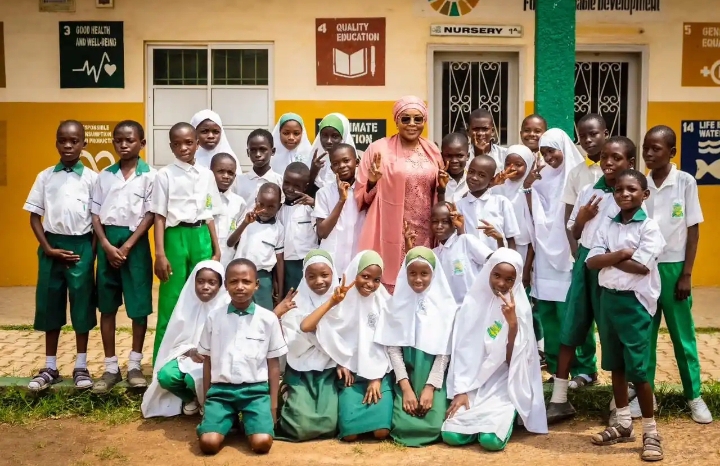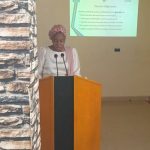From Victoria Jigah, Abuja
No fewer than 8,000 school children in Nigeria, have been positively impacted by the KOICA-Nigeria Smart Education Project.
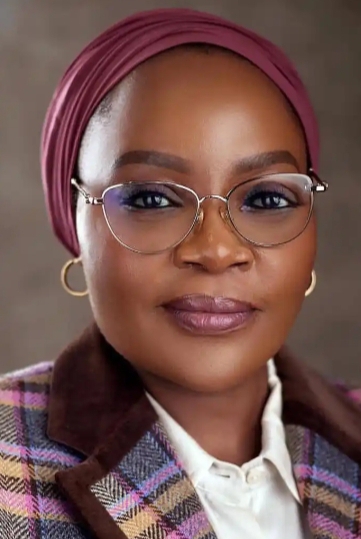
Executive Secretary of the Universal Basic Education Commission (UBEC), Dr. Aisha Garba, disclosed this at the closing ceremony of the Project, held in Abuja.
According to Dr. Garba, “today, we are closing a project: ‘The Project for the Implementation of Multimedia Learning Environment and Teaching Capacity Building for Nigeria Public Primary and Junior Secondary Schools’. We are also celebrating a transformational journey—one that has redefined the landscape of basic education through technology, innovative teaching, and inclusive learning”.
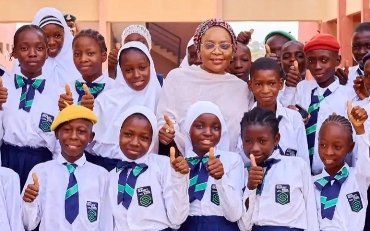
She recalled that when the project began in 2021, the nation was confronted with sobering realities: over 10.1 million school-age children were out of school, 70% of those enrolled lacked foundational learning skills, and more than 60% of public primary school teachers did not possess basic digital literacy.
However, in collaboration with KOICA and other strategic partners, basic education in Nigeria achieved significant milestones.
“We developed Nigeria’s first Smart Education Master Plan, trained over 300 teachers and school leaders, established six world class Content Development Studios, and created nearly 4,000 digital learning contents in Mathematics and Science.
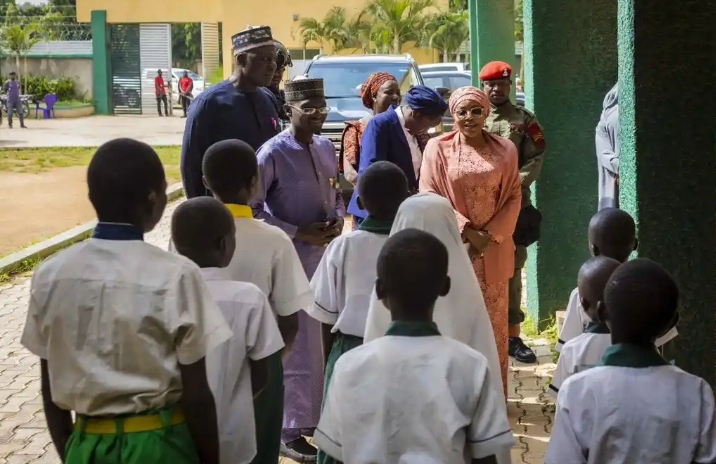
“This is in addition to the independent effort undertaken by the Commission to build 37 UBE Model Smart Schools (1in each state and FCT). Six of which KOICA intervened and supported as earlier reiterated”, she said.
She noted that, although KOICA focus was in six smart schools, the outcome of the project had reached over 8,000 learners in 21 states where the smart schools were fully operational.
“You will all agree with me that these are more than numbers. They are lives touched, futures reshaped, and a growing belief that our public schools can compete globally. Our administration is not just talking change, we are executing it by transforming basic education, one reform at a time”, she said.
The UBEC Boss therefore appreciated KOICA and the Government of the Republic of Korea for the laudable support.
While declaring the project closed, the Minister of Budget and Economic Planning, Senator Abubakar Bagudu lamented that basic education in Nigeria was not where it was meant to be.
Bagudu maintained that basic education was the responsibility of the three tiers of government; the Federal, State and Local Government, therefore it should not be left for only the local government.
He said the renewed hope agenda revealed a lot of gaps in the country ‘s education system while adding that Nigeria was ready to partner with any development partner offering to help.
The $10million funded project was to help achieve systematic digital education transformation in Nigeria, its objectives were to develop a UBEC-Korea Smart School for Nigerian Basic Education, increase the capacity of teachers in the use and development of ICT content and improve access to quality ICT teaching contents in the classroom.
Key outcomes of the project include the development of a robust framework for smart education in Nigeria. This framework includes the identification of the right fit model which has been implemented during the first phase of the project.
This chosen model largely motivated the implementation approach of smart education in Nigeria being guided by success stories from Korea and other parts of Africa while making it fit into Nigeria’s realities and peculiarities.


